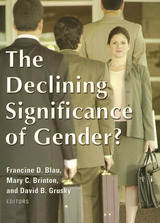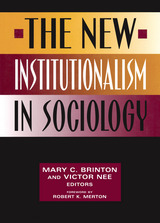



Ezra F. Vogel (July 11, 1930–December 20, 2020) was one of America’s foremost experts on Asia, mastering the Japanese and Chinese languages and contributing important scholarly works on both countries, and on their relationships with each other and with the world. Starting from modest roots in an immigrant family in a small town in Ohio, he came to Harvard in 1953 to train as a sociologist. He then shifted his focus to Asia, spending almost the entirety of his life at Harvard.
Vogel had a dramatic impact around the world, not only through his scholarship and the students he trained, but also through his friendship and mentoring of journalists, diplomats, business executives, and foreign leaders as well as through his public policy advice and devotion to institution building, at Harvard as well as nationally and internationally. Active until the end, his sudden death provoked outpourings of gratitude and grief from countless people whose lives he had affected. The present volume, containing fond reminiscences from 155 diverse individuals, conveys what was so extraordinary about the character and life of Ezra Vogel.
READERS
Browse our collection.
PUBLISHERS
See BiblioVault's publisher services.
STUDENT SERVICES
Files for college accessibility offices.
UChicago Accessibility Resources
home | accessibility | search | about | contact us
BiblioVault ® 2001 - 2024
The University of Chicago Press









